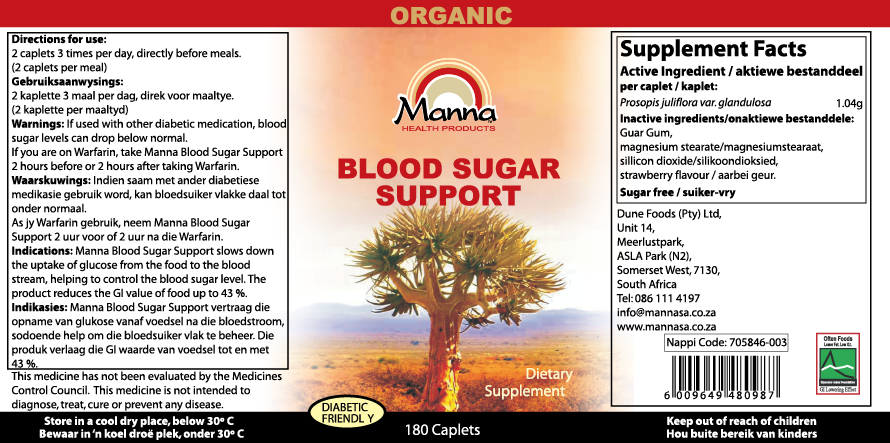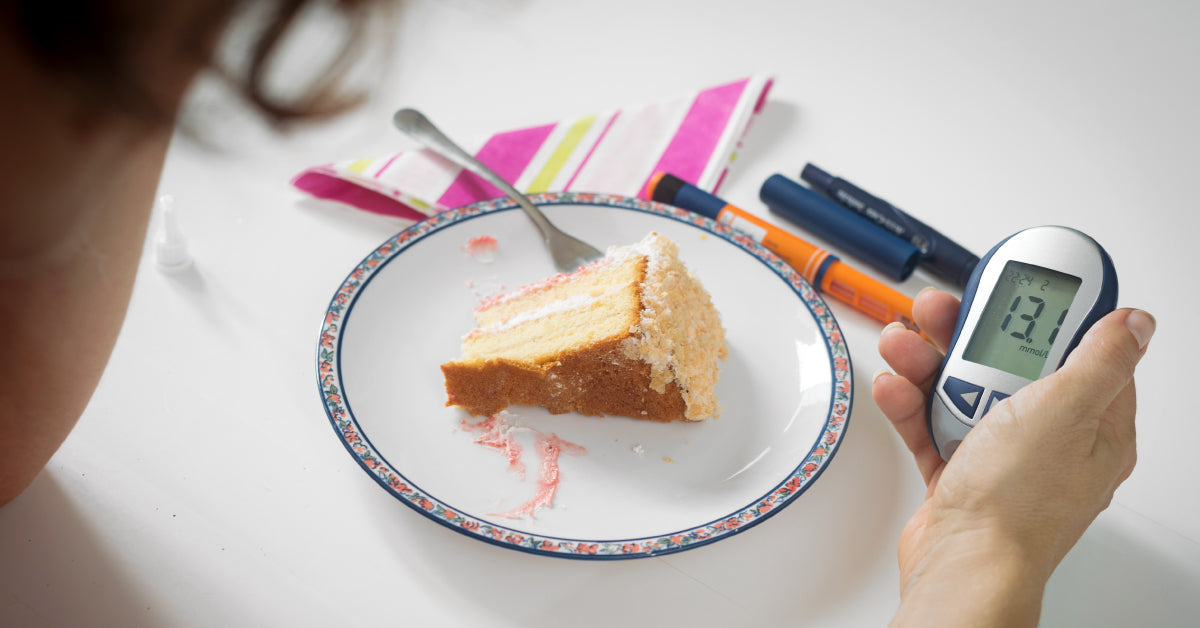Gestational diabetes is becoming more common, and even more of a problem.
Gestational diabetes is a form of diabetes that affects pregnant women. It usually develops between week 24 and week 28 of the pregnancy, as the body does not produce enough insulin at this stage to deal with the increased levels of sugar in the body that helps the baby grow.
Gestational diabetes is one of the most common pregnancy complications, affecting 1 in every 10 pregnant women. The chance of developing gestational diabetes is much higher if you are overweight or obese. If pregnancy diabetes is not treated, it can lead to serious health issues for both the mother and the baby.
Luckily, there is some good news. If the condition is detected early on, it can be relatively easy to manage. When managed properly, there is low- to no risk for further health issues for the mother and the baby.
What Causes Gestational Diabetes?
Pregnancy diabetes usually occurs when hormones from the placenta prevent the insulin in the body from doing its job properly. This then results in high levels of sugar in the blood, which can then be classified as diabetes if it is not treated.
Constant high levels of blood sugar can lead to many other health complications such as damage to the nerves, blood vessels and organs.
It is not yet clear why certain women develop gestational diabetes and others don’t, but more and more research is being done on the topic.
Who Carries The Highest Risk for Gestational Diabetes?
Research shows you’re at a higher risk for gestational diabetes with these factors…
-
Being Overweight:
In this case, “overweight” refers to having a BMI of 30 or more. If you are overweight going into pregnancy or pick up too much weight during pregnancy, you are at a much higher risk of developing pregnancy diabetes. Need to lose weight? Here are 7 Tips to lose weight for good…
-
Excess Abdominal Fat:
Gaining weight during pregnancy is natural, but if you gain too much abdominal fat, especially in the first trimester, it can open you up to a serious risk of gestational diabetes.
-
Women Above 35:
Various doctors have noted that women over the age of 35 are more often than not the ones who suffer from gestational diabetes.
-
A Family History of Diabetes:
This includes type-1, type-2, as well as gestational diabetes that runs in the family. Here are 5 Fruits to Fight Diabetes…
-
A Personal History of Pregnancy Diabetes:
This applies to women who have already had a child or children. If you developed pregnancy diabetes whilst carrying your previous child, the chances are much higher of developing it during the next pregnancy.
-
Pre-diabetes:
If your blood sugar levels are higher than normal even before pregnancy, it might be that you suffer from pre-diabetes and this can leave you with a much greater risk of developing pregnancy diabetes.
-
Have Been Put on Bed Rest:
Well, it’s is not the actual bed rest that will give you pregnancy diabetes, but rather the lack of physical activity that comes with it. This can cause fat gain which may, in turn, lead to a higher risk of gestational diabetes.
What are the Symptoms of Gestational Diabetes?
In most cases, women with have gestational diabetes don’t experience visible symptoms, although some may experience:
-
Extreme thirst
-
Frequent and very copious urination
-
Fatigue
-
Snoring
The best way to find out for sure is to get tested.
How is Gestational Diabetes Diagnosed?
Your doctor may test your urine for sugar and, around week 28 of pregnancy, conduct a glucose screening test. If results are high, you may need a three-hour glucose tolerance test to confirm gestational diabetes.
What are the complications of Gestational Diabetes?
If managed early, complications can be avoided. If uncontrolled, it can lead to macrosomia (very large babies), preeclampsia, jaundice, breathing issues, and long-term risks like obesity or type-2 diabetes.
How Can You Prevent Gestational Diabetes?
-
Staying Active
-
Following a Healthy Diet
-
Maintaining a Healthy Body Weight
How is Gestational Diabetes Treated?
-
Monitor your blood sugar
-
Meet with a dietitian
-
Keep track of what you eat
-
Get moving
Manna Blood Sugar Support: The natural solution
Manna Blood Sugar Support helps regulate sugar levels during pregnancy. Made from South African Mesquite tree pods, it is natural and safe for pregnancy and breastfeeding, offering support without side effects.
How it works:
The supplement gels with food and slows sugar release into the bloodstream, reducing spikes and insulin demand. It also helps sustain energy and reduce cravings.
Pair Manna Blood Sugar Support with a healthy diet like the one in the Manna Diet e-book for best results.














































































































